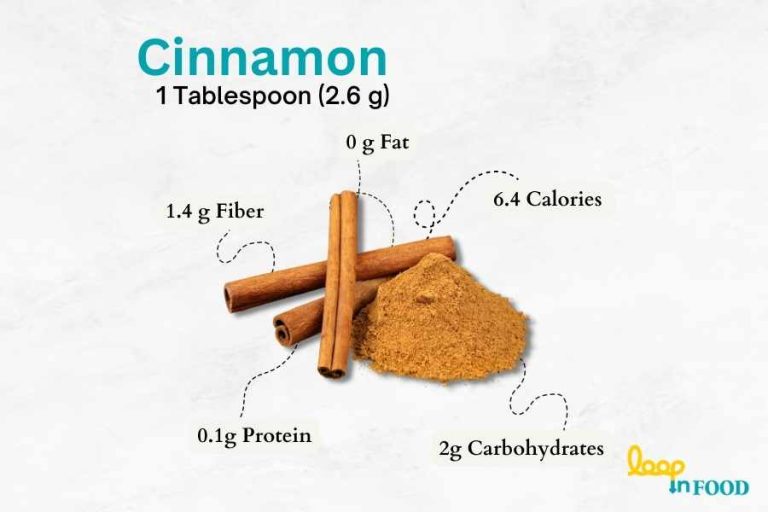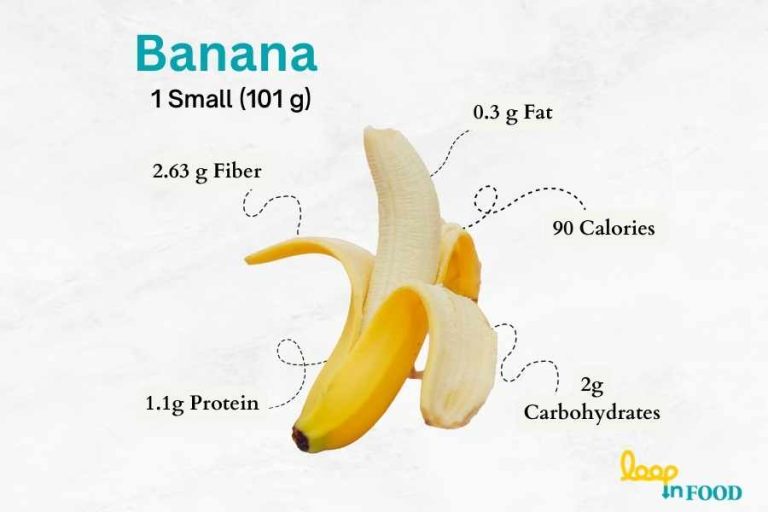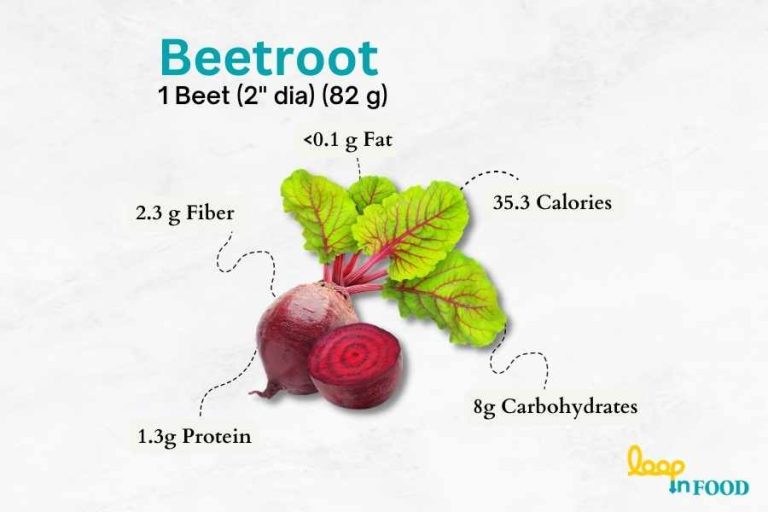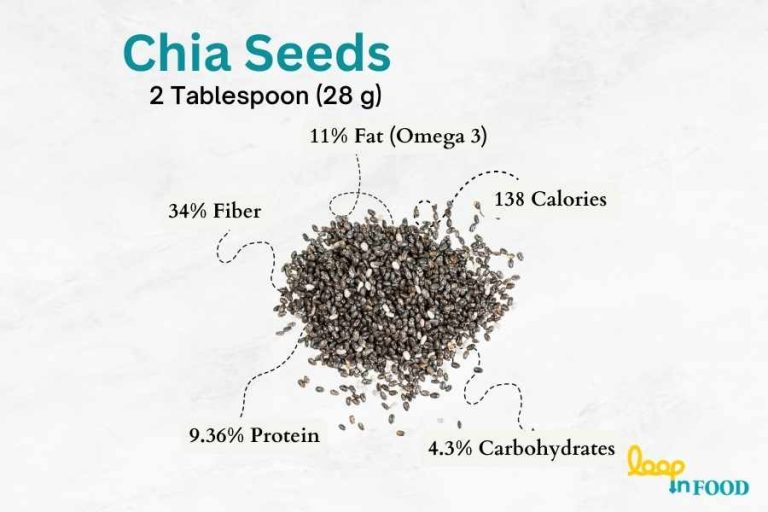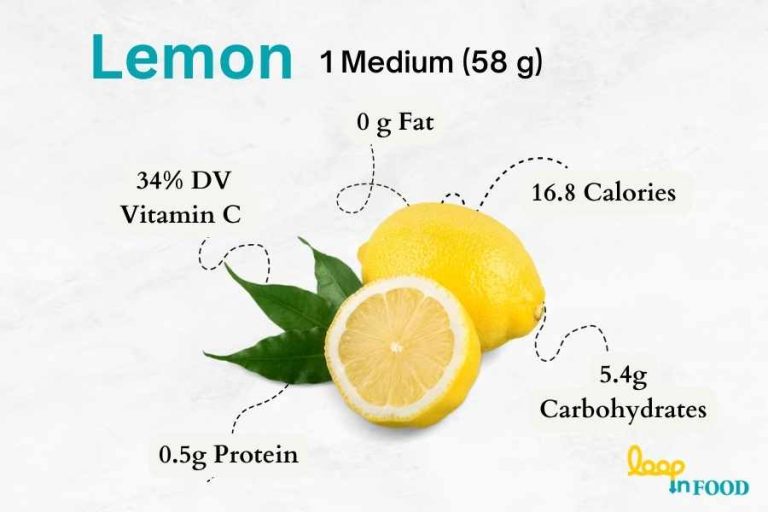Nutrition Facts or Calorie of an Egg

We love to eat eggs. we use them in many dishes, such as scramble, boil, fry, or many other forms. Do you know how much nutrition 1 egg resides in it? or what are calorie of an egg?
Eggs are a great source of protein and micronutrients like Vitamin B12, Phosphorous, selenium, riboflavin, etc. which play an important role in your overall health.
Egg helps to protect your skin and eyes from ultraviolet damage but also enhance brain & liver functions. These are just a few amazing potential benefits of an egg.
Calories of an Egg
The calorie of an egg vary based on different factors. For example, size of an egg, its yolk and white part contain different nutrients, the way we cook egg also have impact on its nutritional content value.
Here are Basic Nutritional facts of eggs according to USDA.
Small, medium and large eggs are Raw, Whole and Fresh while you can compare nutrition of the same large size whole, cooked, hard boiled egg.
Calories of White Egg
Egg white contains fewer calories & fat than egg yolk. It consists of high-quality protein. However, egg white consists of certain micronutrients.
One large egg white contains the following nutritional value.
- Calories: 16 KCal
- Protein: 3.5g
- Fat: 0.1g
- Carbohydrates: 0.2 g
- Selenium: 6.6 micrograms (9% DV)
- Riboflavin: 0.1 milligrams (9% DV)
Calories of Yolk Egg
Egg yolks are higher in fats and calories but slightly low in protein. Yolk is loaded with nutritional contents especially vitamins and minerals, including phosphorous, vitamin B12, Selenium, etc.
The calories of egg yolk in a large egg are as below:
- Calories: 54 KCal
- Protein: 2.5g
- Fat: 4.5g
- Carbohydrates: 0.5g
- Selenium: 9.5 micrograms (14% DV)
- Vitamin B12: 0.3 micrograms (6% DV)
- Folate: 24.8 micrograms (6% DV)
- Riboflavin: 0.1 milligram (5% DV)
- Phosphorous: 66 milligram (7% DV)
- Vitamin A: 245 IU (5% DV)
- Vitamin D: 18 IU (5% DV)
Nutritional Value of Eggs
Egg is a nutritious addition in your diet. It provides you with essential amino acids of protein, fat and micronutrients.
how many carbohydrates in an egg
Egg has small amount of carbs or sugar in it. Even a large egg (50g) contain <1g of sugar in it. It also not contain any type of fiber etc.
How much protein in egg
Egg is widely known for its rich protein contents. There are 3-4 grams protein in only egg white. Overall, egg contains 5-6 grams high quality protein. According to a study protein in egg is distributed equally in egg yolk and white. While lipid, vitamins and minerals are more present in yolk.
To put these number in perspective, the average man with a sedentary lifestyle needs 56 g protein per day, however woman needs 46g/day according to Dietary Guidelines of America
Eggs are an excellent source of Leucin, an amino acid good for weight loss and wound healing.
Related: What are Proteins in Food
fat in eggs
There are about 5 grams of fat in a large (50g) egg. In which 1.5g is Saturated, 1.8g is monosaturated and about 1g is poly-saturated fat. Most fat content resides in the yolk part of the egg. There are very low trans fat contents (<0.01g) per egg. Trans fats are actually a risk to your health.
vitamins and minerals in eggs
Eggs are good source of minerals and vitamins. They contain Vitamin A (good for vision, skin and cell growth), Vitamin D (important for calcium absorption) Phosphorous, Vitamin B-complex which your body needs to convert food into energy. Eggs are rich in Riboflavin (0.229milligram), Choline (147 milligram) (good for brain health and development) and Selenium (15.4 Microgram)

